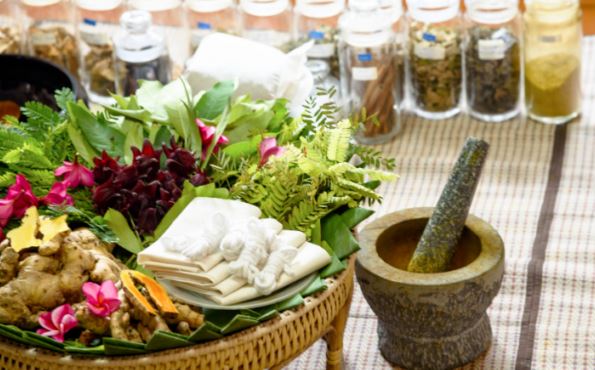Innovative Ayurvedic Formulations: Bridging Tradition with Modern Science & Technology
DOI:
https://doi.org/10.21760/jaims.10.6.1Keywords:
Innovative Ayurvedic formulations, traditional medicine, pharmacological validation, phytochemical profiling, nanotechnology, bioavailability, integrative healthcareAbstract
Ayurveda, the ancient Indian system of medicine, offers a rich treasure of time-tested herbal, herbo-mineral and mineral formulations and contains holistic therapeutic principles. With the growing global demand on health care products, there is a persistent need to reassess and reinterpret Ayurvedic formulations through the lens of modern science. This paper explores the development of innovative Ayurvedic formulations that integrate traditional knowledge with modern pharmacological insights, standardization techniques, and clinical validations. It highlights the role of phytochemical profiling, nanotechnology, and synergistic compound optimization in enhancing therapeutic efficacy and bioavailability. By bridging ancient Ayurvedic wisdom with cutting-edge biomedical research, this approach not only reinforces the credibility of Ayurvedic practices but also facilitates their integration into mainstream healthcare systems. The study underscores the potential of such innovations in addressing contemporary health challenges while preserving the philosophical and ecological ethos of Ayurveda.
Downloads
References
Government of India. Ayurvedic Formulary of India, Part I–III. Ministry of AYUSH, New Delhi.
Singh S, Tripathi JS, Rai NP. An appraisal of the bioavailability enhancers in Ayurveda in the light of recent pharmacological advances. AYU. 2016;37(1):3–10.
Kokane PS, Mahalle VR, Chavhan SP, et al. Ayurveda: Modernization of Ayurvedic Formulation. IJNRD. 2024;9(12):1–6.
Chauhan YS, Chahar DS, Lal R, Sharma S. Role of Nanotechnology in Ayurvedic Drug Development. World J Pharm Med Res. 2024;10(4):120–122.
Dayama A, Patil R. Reverse Pharmacology for Ayurveda-based Modern Medicines. Office of the Principal Scientific Adviser, Govt. of India. 2022.
Verma SK, Pandey M, Sharma A, Singh D. Exploring Ayurveda: Principles and Their Application in Modern Medicine. Bull Natl Res Cent. 2024;48:77.
Singh V, Panesar N, Nitin, et al. Scientific Evaluation of Ayurvedic Guggul Formulations: Therapeutic Applications, Pharmacodynamics and Pharmacokinetic Considerations. JAIMS. 2025;10(4):28.
Joshi S, Rai A, Gupta RK. Phyto-pharmacological Review on Bioavailability Enhancer [Trikatu]. J Pharmacogn Phytochem. 2024;13(3):298–307.
Khanduri S, Goel S, Sharma BS, et al. Generation of Evidence on Clinical Safety and Efficacy of Classical Ayurveda Formulations: A Short Appraisal of CCRAS Initiatives. JRAS. 2023;7(2):45–50.















